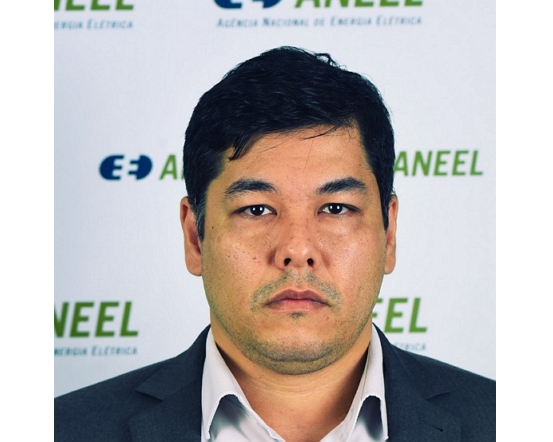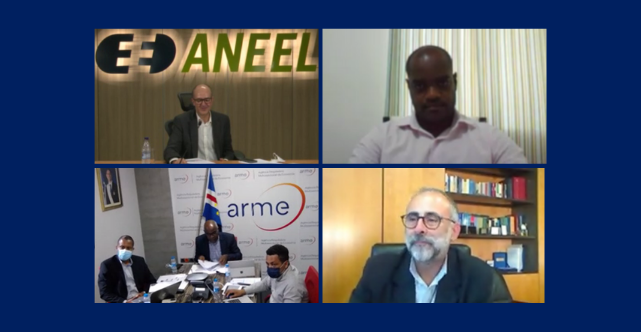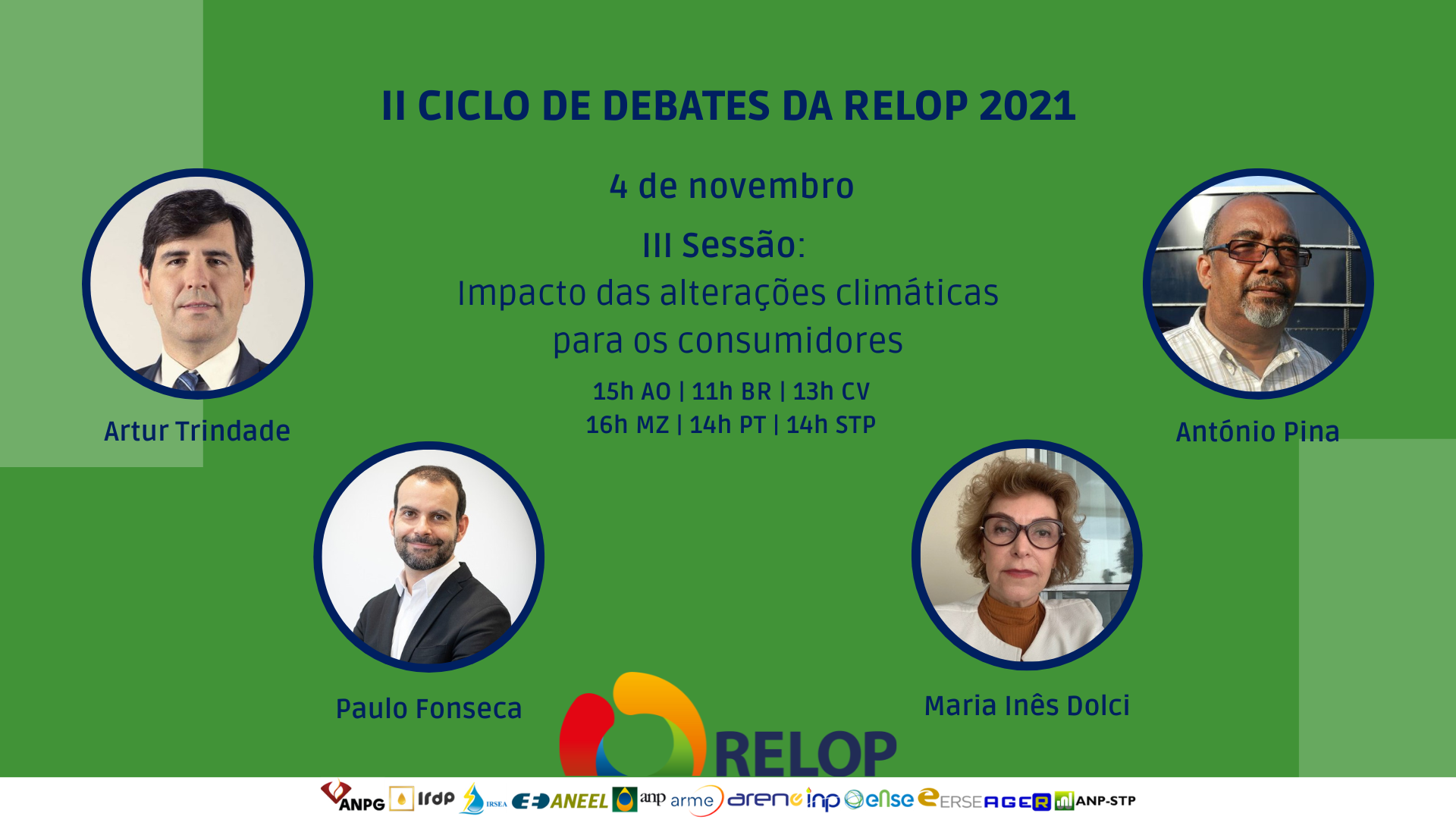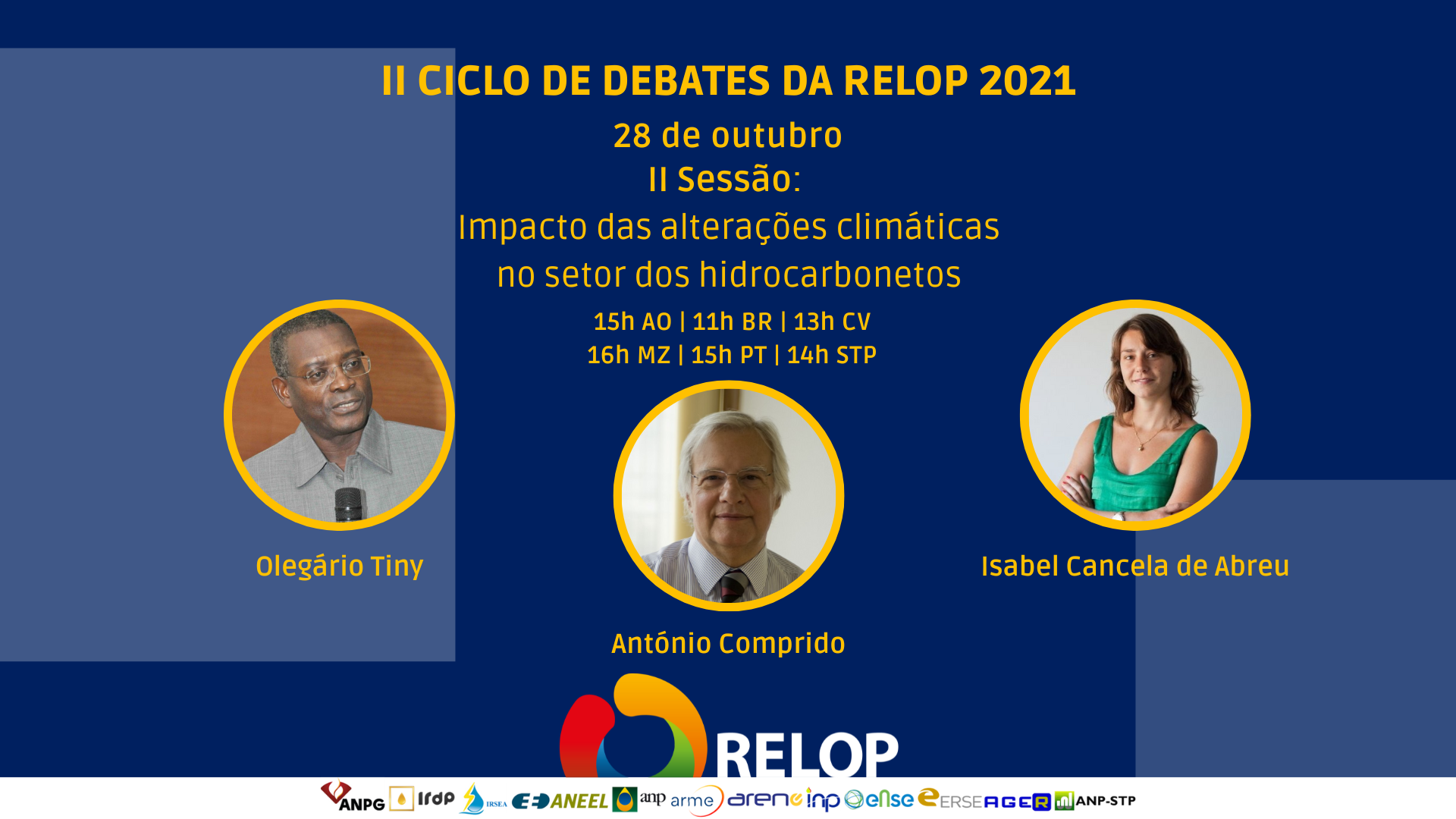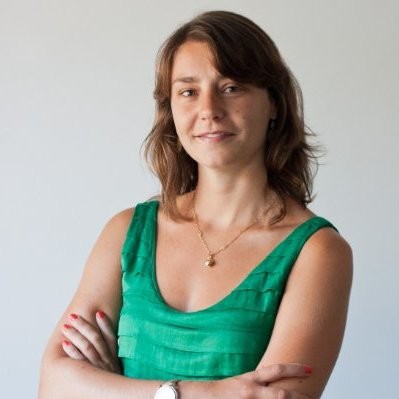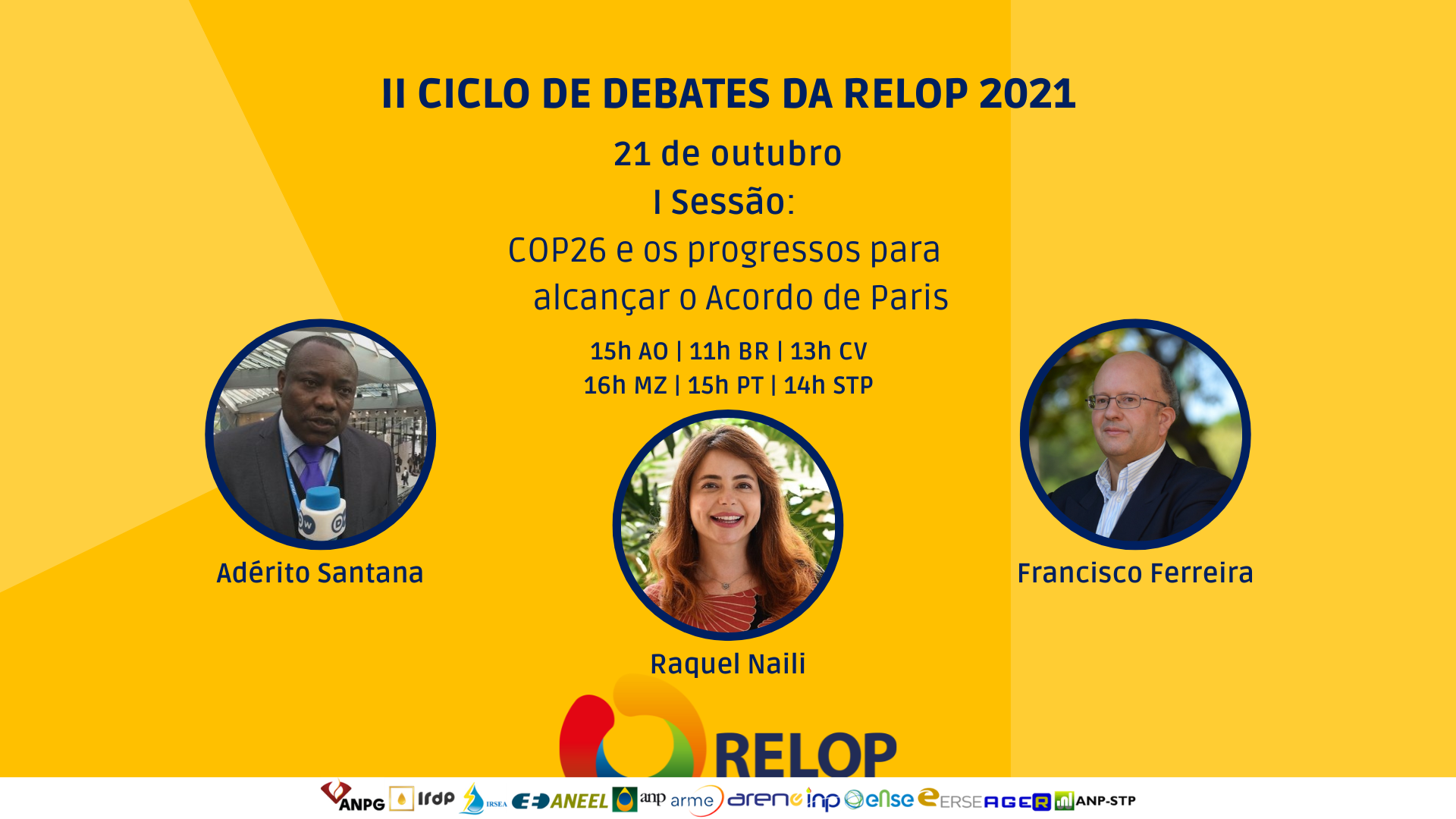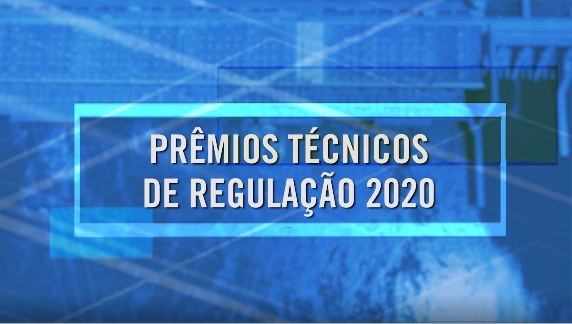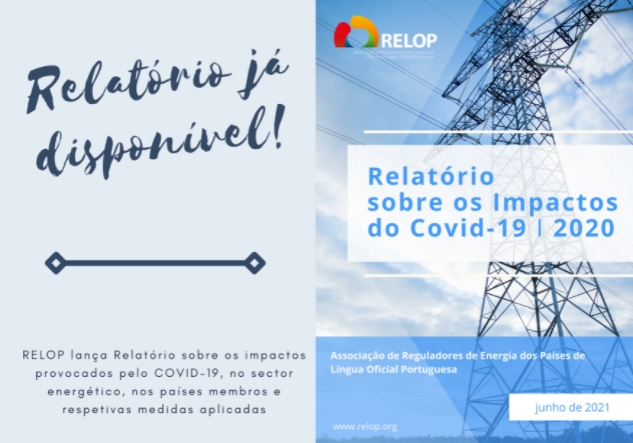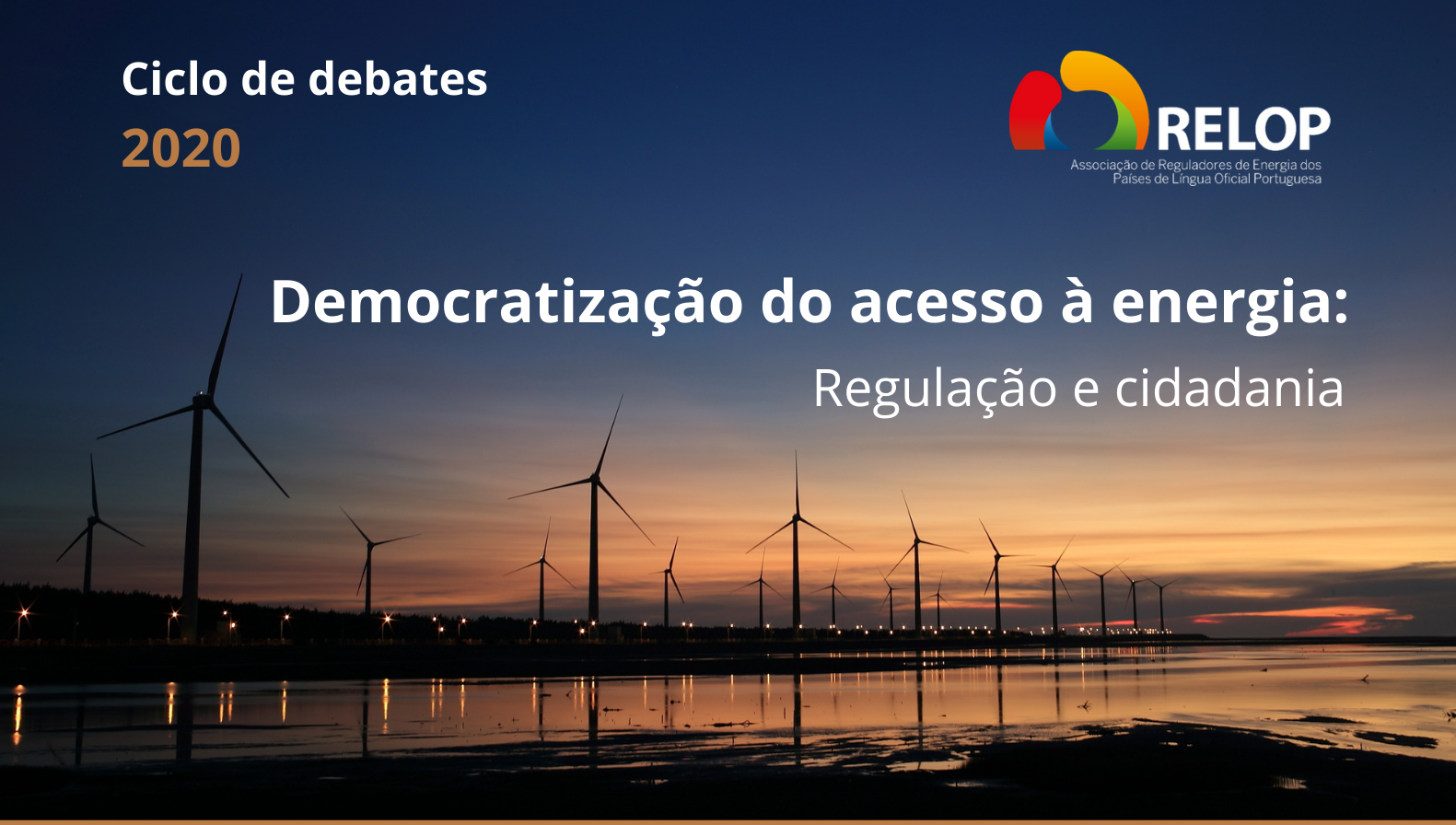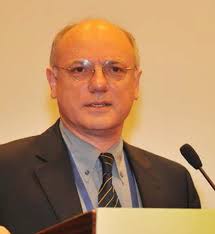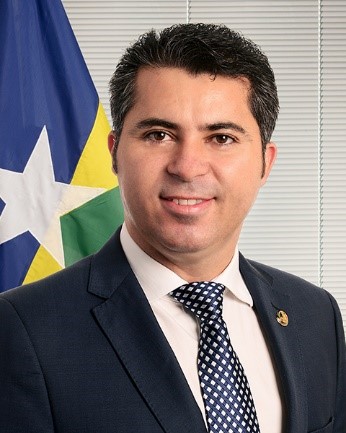The winner of the first edition of the “Technical Regulation Awards”, launched in 2020, was Marcio Andrey Roselli.
The jury highlighted the pertinence, quality, analytical density, applicability and robustness of the methodology in his article “Mitigation of energy poverty through the redistribution of charges, using the microgranular sistem of distribution tarrif use model”.
The Awards were created by RELOP in order to recognize and shine light onto the excellency of the regulators in RELOP’s member-entities, and to promote the exchange of knowledge between members.
About the author:
Marcio Andrey Roselli has a PhD in Electrical Engineering by the Politechnical School of the University of São Paulo and a Bachelor’s in Law by the University Center of Brasília. Marcio Andrey Roselli is a Regulation specialist in the National Agency of Electrical Energy (ANEEL).
